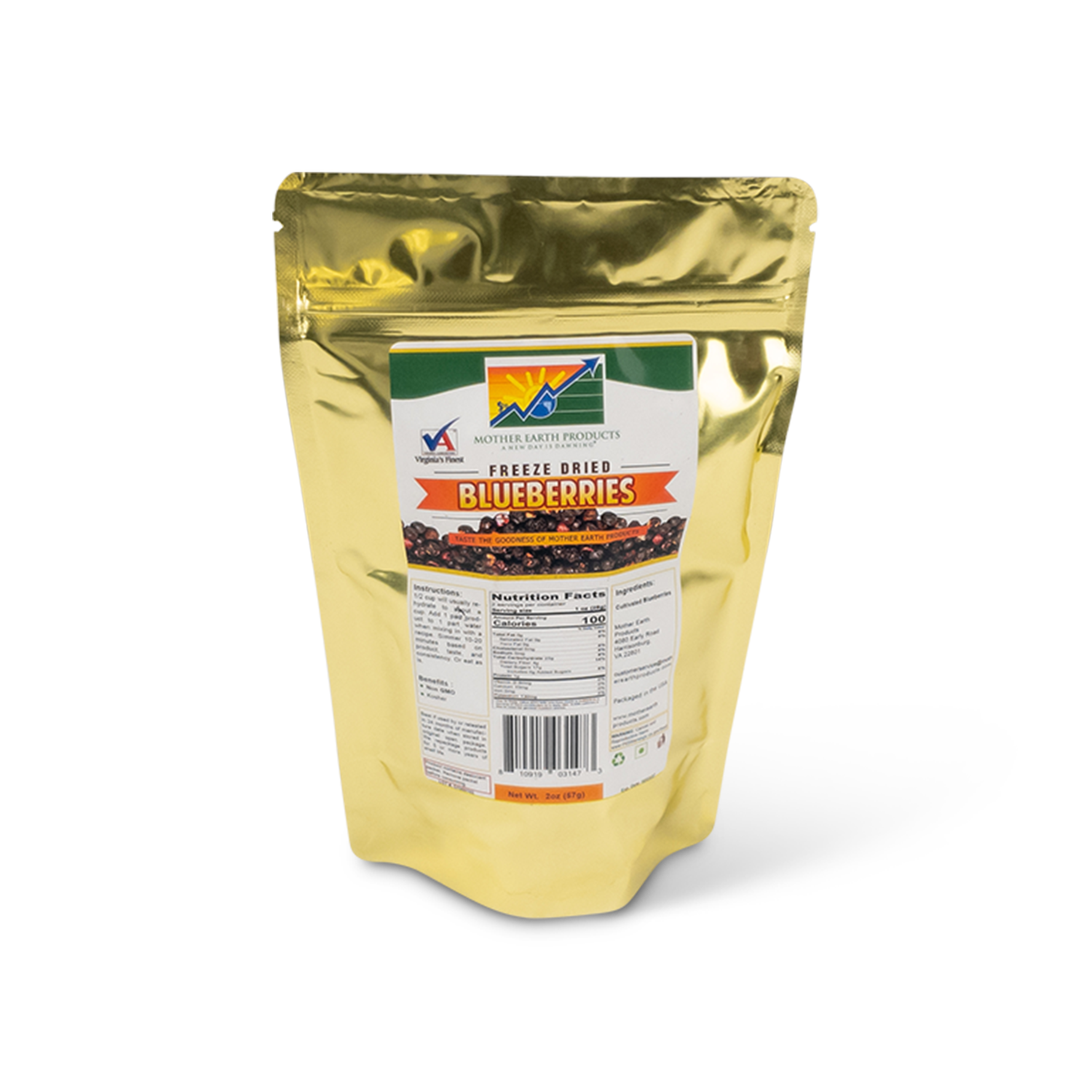September is the National School Success Month. It’s the perfect opportunity to plan for the goals for the commencing school year. This month is ideal for preparing for the success of the student. But it doesn’t mean that you will only focus on student success in September. It is good to have a clear road map of success that outlines goals to be achieved every month so that you can have a successful school year.
There are different ways to measure a successful school year. It could be learning a new language or achieving a good GPA. But all the goals differ for every student. They should set achievable goals with a clear roadmap for success. This article gives you tips to help your child achieve their goals throughout the school year and how you can support them. Read on to find tips and tricks to help your child set and achieve goals this school year.
Help your child set achievable goals
September is National School Success Month, and it’s a great time to help your child decide on the goals to achieve this school year. Setting goals is a significant motivator for working hard. It also helps to boost confidence and self-esteem. When children achieve goals, whether small or big, it helps them develop a sense of discipline, even when they grow older.
As a parent, you can help your child set both short term and long term goals, and talk through their strengths and weaknesses to help them set those goals. They should come up with a list of goals, because writing down the targets makes it easier to achieve them.
Goals must be specific and have a timeline. The goals can be for classwork or athletics. If your child wants to be a ballet dancer in the future, help her set both short term and long term goals that will guide her on the right path. Help her set smaller goals that she can manage, and then have a training plan that keeps pushing her confidence and poise as she practices every day.
Having clear goals will help your child manage any obstacles, too. Remember not to push them too hard so they don’t suffer burnout. Keep checking in with them and keep them accountable for their goals. You can review the goals periodically and offer help where they are stuck.
Establish a routine
Children perform better with a routine at home. In school, the routine is pretty much already decided, and the children abide by it. A consistent routine at home helps to create good habits and ensures the success of the child. Children thrive on set routines, because they get comfortable and secure. It also prepares them to follow the routine set in their school.
Set routines that have a consistent time for when they wake up, do their homework, have their meals, and go to sleep. Establish rules regarding TV, phone, and computer usage to avoid over-dependency. Every time the child is watching TV, it takes attention off family time and time needed for physical activity and homework. You can limit watching time to, at most, an hour every day. As a parent, put away your phone when you get home. Children need attention. If you stay for too long with your phone, they may take up the habit, as well.
Review progress reports
Avoid focusing too much on the grades. Encourage your child to maximize their gifts and talents. Discourage too much competitiveness since every child is unique, and you should not compare them to their siblings or classmates.
Be their motivator and express positive views about school and show that you’re confident in your child. Express your excitement that they are going to a new grade this school year and that you believe in their abilities to achieve the goals they have for this school year. Let your messages about school be positive and hopeful.
Children adopt the environment they live in. Make it positive and optimistic. Ensure that they do their homework or coursework as required by the teacher. Expose your child to art, music, and drama depending on their talents, since it boosts performance in math and reading. It also helps your child have high self-esteem and in learning to work with others.
Encourage healthy eating
Ensure that your child eats breakfast every morning. It is the most important meal to jump-start the metabolism and fuel up the body for the day’s tasks. Eating breakfast helps children have better memory and concentration, which helps them to achieve good grades. Pack them healthy snacks and discourage eating highly processed foods. Breakfast ideas include scrambled egg with toast or smoothies made with yogurt, mangos, and bananas. Have a weekly plan of the food your child will eat at home and in school.
Connect with your child teachers
Make a point to attend parent-teacher meetings in school or orientation events. Introduce yourself to your kids’ teachers and ask about the activities for the year. You can follow up with an email or phone call or make visit appointments. Attending meetings is a great chance to see how your child is performing in school and plan how to help them achieve more.
Ensure your child has a restful night
Children need a good night’s sleep for excellent performance in school the next day. Ensure that they get to bed early so that they can wake up early the following day, but so they will also have rested well. A good night’s sleep also helps to boost energy and alertness for the next day’s learning.
To prevent the rush the next morning, have your child pick the clothes to wear the night before. It will help to save time in the morning. Being organized will reduce stress and having to rush to finish up the activities. Limit the activities that they have to do when they come home so they can sleep early.
The start of school is exciting for students. It is time to catch up with their friends after the holiday break. They’ll also need your help to perform when in class and co-curricular activities. With these six tips and tricks, you definitely are ready to help your child have a successful school year.
We wish you a happy National School Success Month from Mother Earth Products.
References
- https://www.learningliftoff.com/national-school-success-month/
- https://www.ed.gov/parents/countdown-success
- https://www.carlsbaded.org/5-tips-for-a-successful-school-year/
- https://www.goldfishswimschool.com/blog/2018/september/it-s-national-school-success-month-how-to-help-y/



















